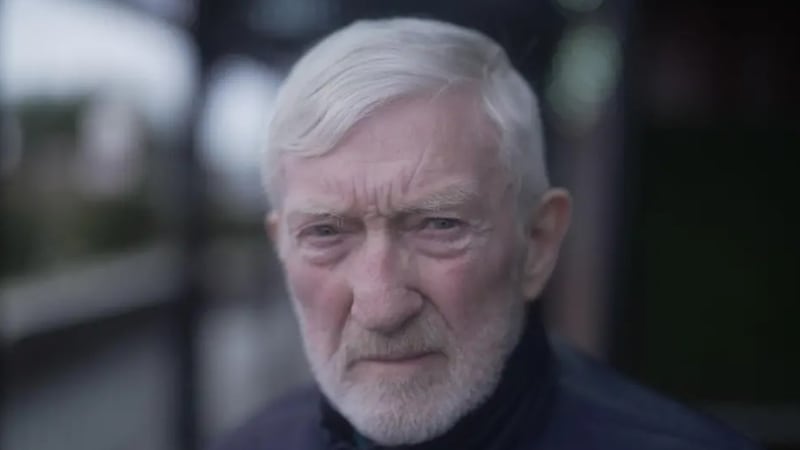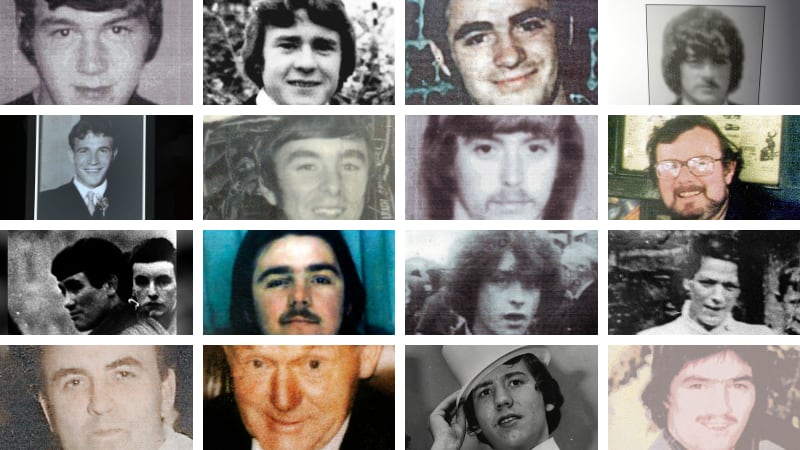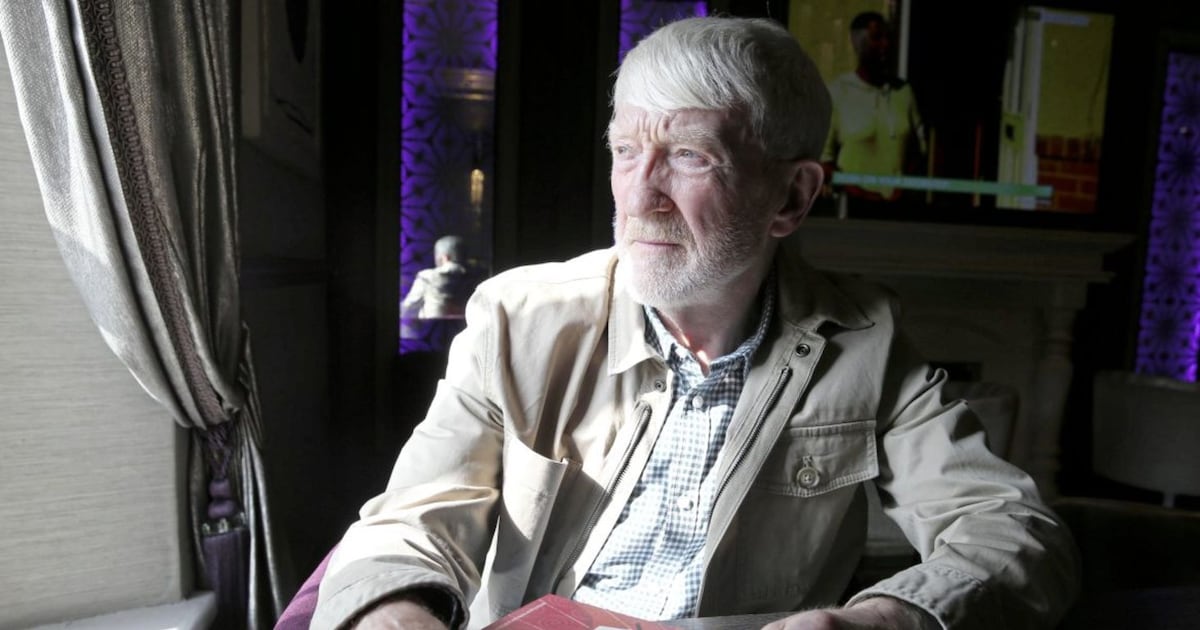A former IRA commander has said that the armed conflict was a ‘total waste’ of life and that the group’s practice of ‘disappearing’ individuals constituted a war crime.
Brendan Hughes was a founding member of the Provisional IRA in his native Co Tyrone in the 1970s.
After helping to plot jail breakouts and robberies to fund the group, the IRA passed a death sentence on him in 1975 after carrying out an armed robbery for personal gain.
More: Former IRA commander Brendan Hughes says he would take part in Troubles truth forum
He says he attempted to steal more money in order to buy his way out of the death sentence but was later caught and jailed by for 20 years in the Republic.
 Brendan Hughes is featured in a two-part Spotlight series (BBC)
Brendan Hughes is featured in a two-part Spotlight series (BBC)
Speaking to the BBC in a two-part Spotlight documentary special, Hughes said that the conflict was a ‘total waste’ of life.
“It wasn’t worth leaving one family without a father or a brother or a sister,” he said.
“It was a total waste, absolute total waste of energy, of life, of resources.”
He added that he feared the group would make him one of the Disappeared – those who were abducted, murdered and secretly buried.
“Suddenly you realise the position that other people were in, the position that you had been putting people in all these years, that there was a threat over their very existence,” he said.
 The Disappeared, from left, clockwise, Eamon Molloy, Brian McKinney, Danny McIlhone, Gerry Evans, Seamus Wright, Peter Wilson, Eugene Simons, Seamus Ruddy, Robert Nairac, Brendan Megraw, Kevin McKee, Jean McConville, Joe Lynskey, Charlie Armstrong, Columba McVeigh, John McClory. Seamus Maguire not pictured.
The Disappeared, from left, clockwise, Eamon Molloy, Brian McKinney, Danny McIlhone, Gerry Evans, Seamus Wright, Peter Wilson, Eugene Simons, Seamus Ruddy, Robert Nairac, Brendan Megraw, Kevin McKee, Jean McConville, Joe Lynskey, Charlie Armstrong, Columba McVeigh, John McClory. Seamus Maguire not pictured.
“I didn’t want to be disappeared. I never agreed with that.
“The disappearing of people is a war crime. It should never have happened.”
Hughes said that he would be willing to take part in a truth commission to provide answers for the families of victims, provided there was amnesty.
“The first requisition for reconciliation is truth,” he said.
An Independent Commission for Reconciliation and Information Recovery (ICRIR) was announced as part of the UK government’s controversial Legacy Act.
Those who cooperated with the commission would receive a conditional amnesty, however the body has been opposed by victims and politicians.
While the new Labour government announced it was scrapping the legislation, there are plans to ‘reform and strengthen’ the ICRIR.
